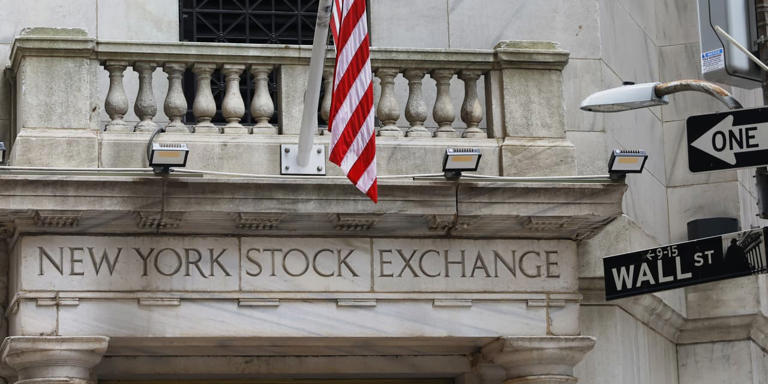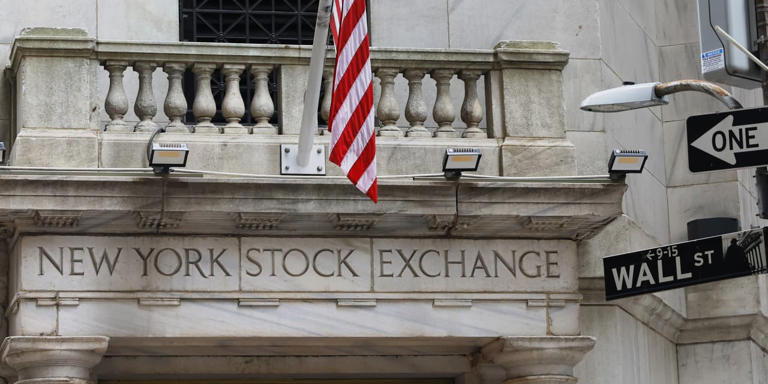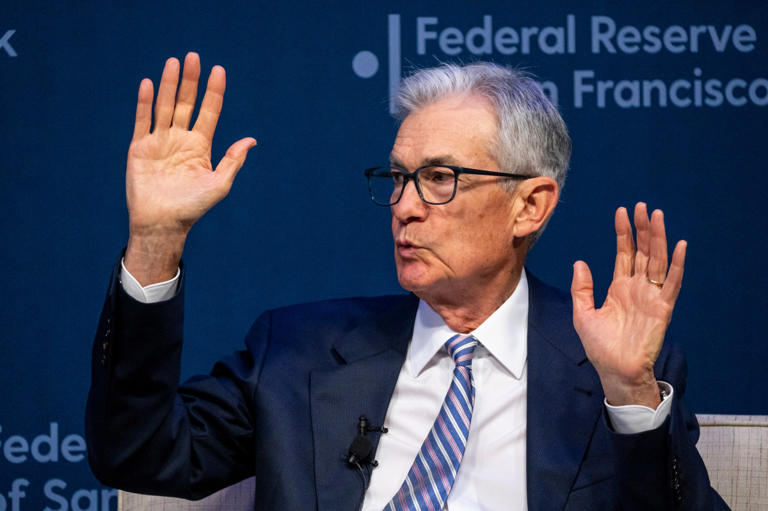April’s abrupt stock market selloff intensified on Thursday, fueled by concerns over the Federal Reserve’s ability to implement interest rate cuts amidst stagnant inflation and heightened tensions in the Middle East, which propelled oil prices to their highest levels in months.
The Dow Jones Industrial Average plummeted by over 500 points, marking its most significant single-day decline since the regional-bank crisis in March 2023. Minneapolis Fed President Neel Kashkari’s remarks about the stagnation of inflation added to investor anxiety, raising doubts about the Fed’s ability to enact rate cuts in the near future, despite Kashkari’s previous projections of two rate cuts in 2024.
Investors remained on edge, with Kent Engelke, chief economic strategist at Capitol Securities Management, attributing the spike in oil prices to escalating tensions in the Middle East. U.S. and global crude oil prices surged to their highest levels since late October, with West Texas Intermediate prices reaching $86.59 per barrel. President Joe Biden’s warning to Israeli Prime Minister Benjamin Netanyahu regarding civilian protection in Gaza, coupled with an Israeli strike on Iran’s consulate in Syria, further fueled geopolitical tensions in the region.
Engelke expressed skepticism about the likelihood of oil prices retreating from their current levels, citing ongoing geopolitical uncertainties and the Biden administration’s emphasis on green energy initiatives as factors contributing to the sustained upward pressure on oil prices.
The surge in oil prices exerted upward pressure on long-term bond yields, with the 10-year Treasury yield hovering at 4.31% on Thursday. Elevated bond yields have the potential to increase borrowing costs for households and corporations, which could eventually dampen economic growth. Adam Turnquist, chief technical strategist for LPL Financial, highlighted the correlation between rising oil prices, inflation expectations, and bond yields, emphasizing their implications for the broader economy and financial markets.
As investors awaited Friday’s release of the March jobs report, market sentiment remained cautious. Investors hoped for a jobs report that would strike a balance, neither too hot nor too cold, to alleviate concerns about inflationary pressures and economic overheating. The S&P 500 index and the Nasdaq Composite both experienced sharp declines, signaling widespread market volatility and uncertainty amid the prevailing economic and geopolitical challenges.


















































































